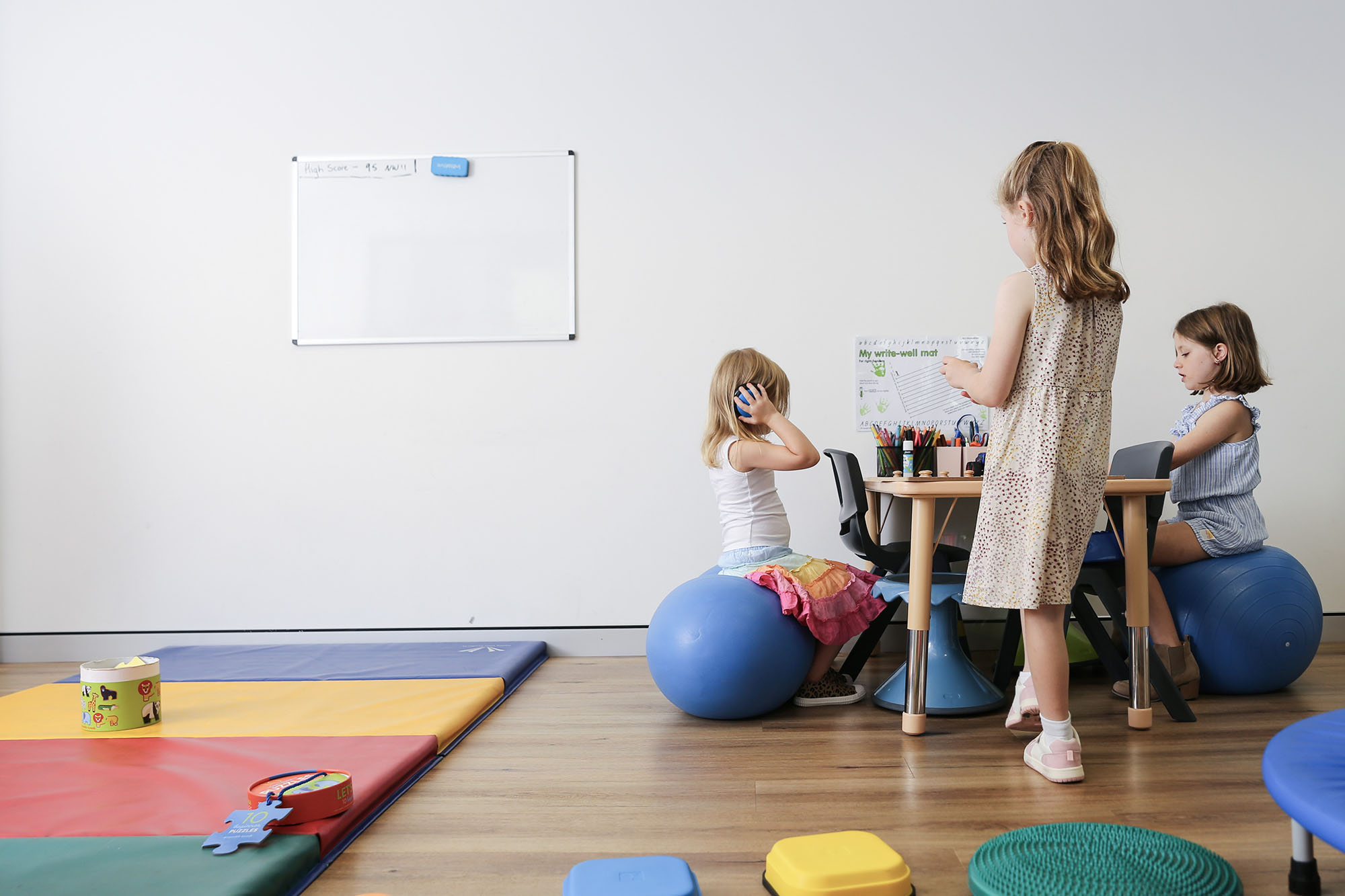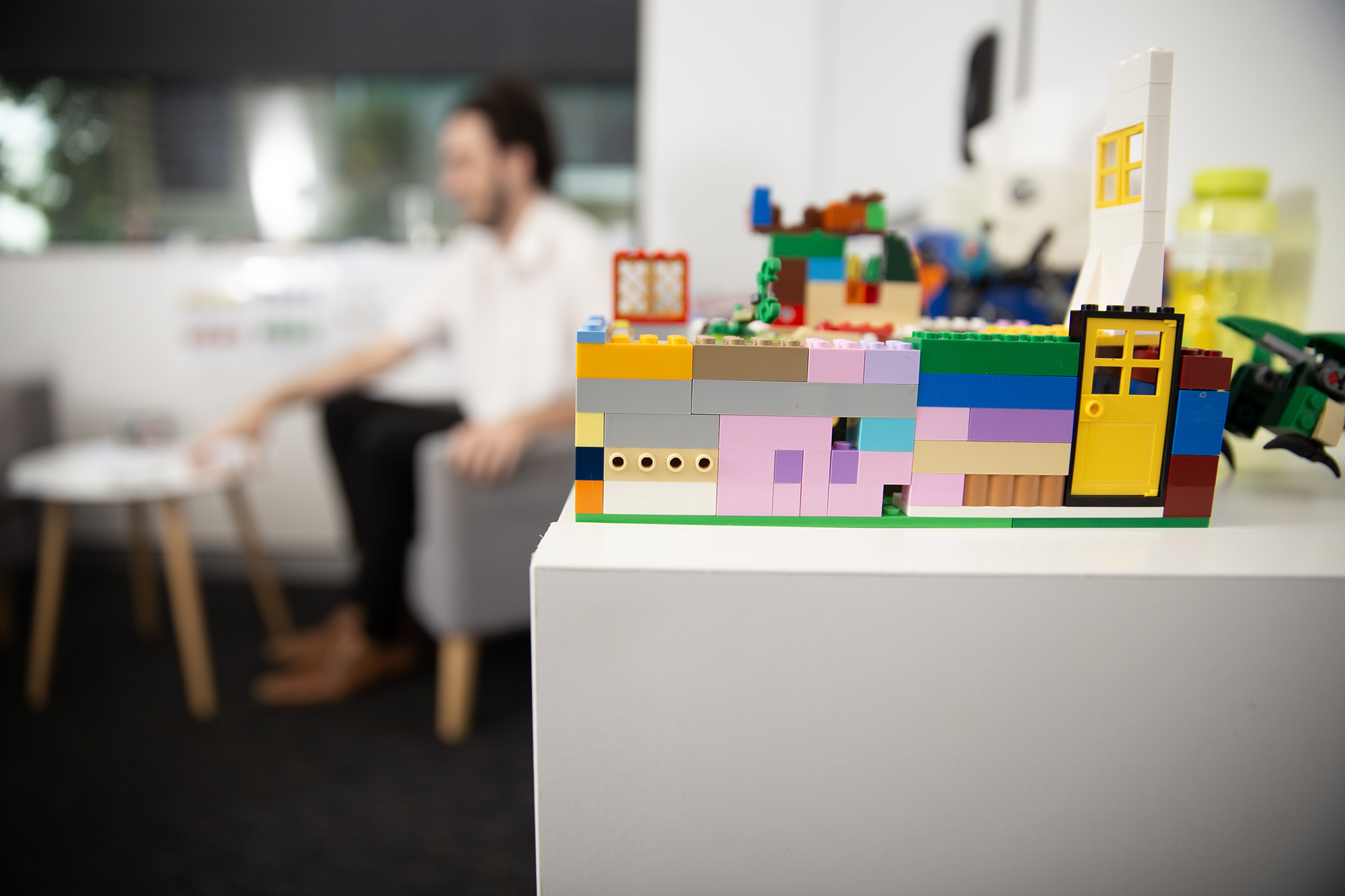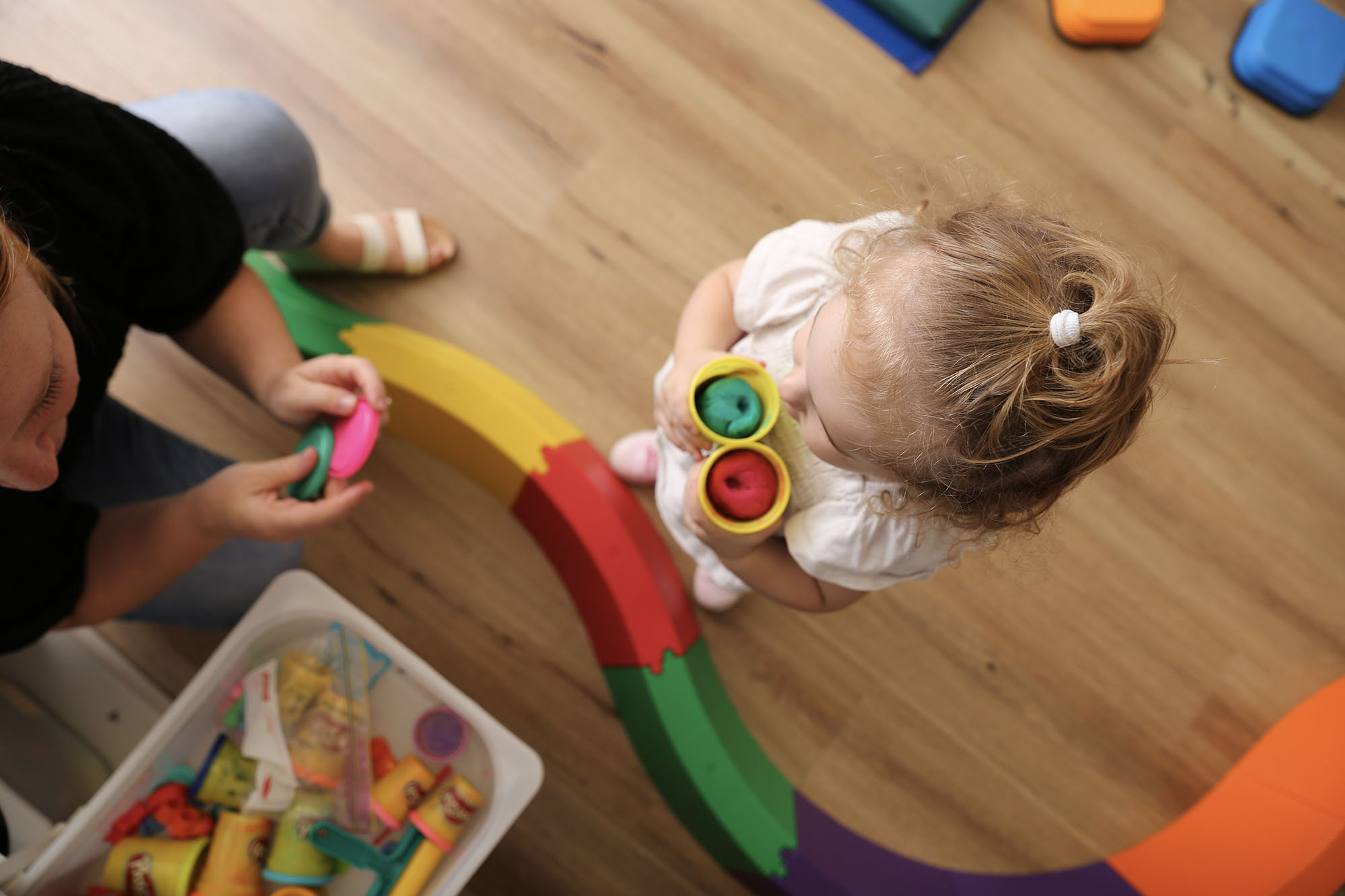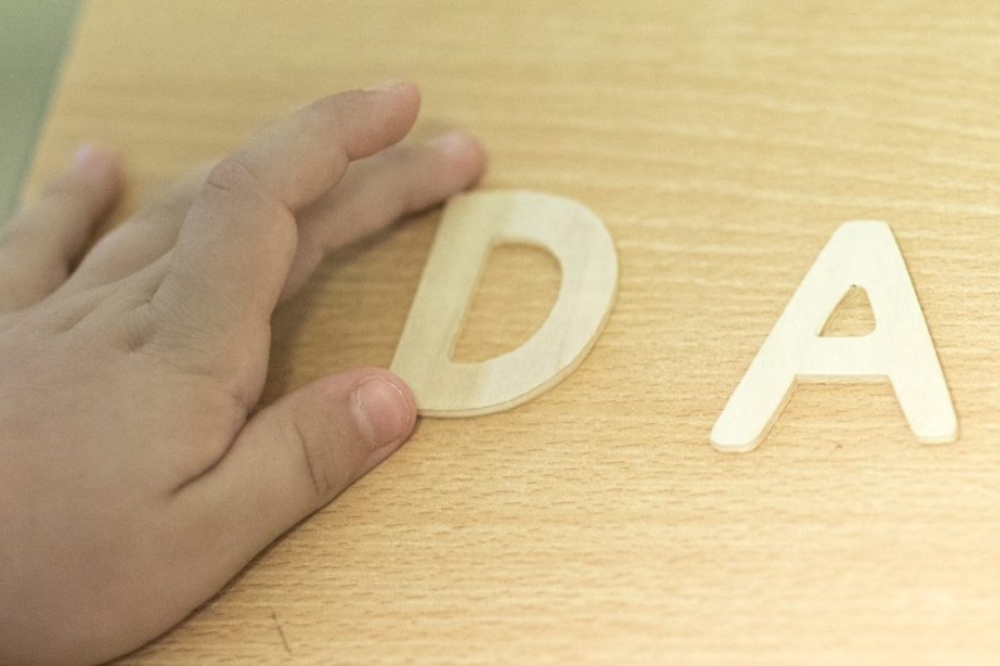Assessments
What is an assessment?
Assessments help to identify a person's strengths and possible areas for support.
About our assessment services
Assessments may include interviews with parents and other stakeholders, observations of you/your child, talking and asking questions, playing and completing specific tasks and/or completing questionnaires about you/your child.
At your first appointment you will meet your clinician to share information and you/ your child’s developmental history and concerns. They will ask whether any previous assessments have been completed and may request copies of reports. Your clinician will let you know about any assessment options, including costs. And you will get the final say aeound what assessments to have completed.

Our Assessment Services

Fees & Funding
While Youthrive is a fee paying service, some Medicare and private health insurance rebates may be available for our services. Families are encouraged to speak with their GP and nominated health fund to find out whether they are eligible for various rebates. Please note rebates listed are subject to change without notice.














